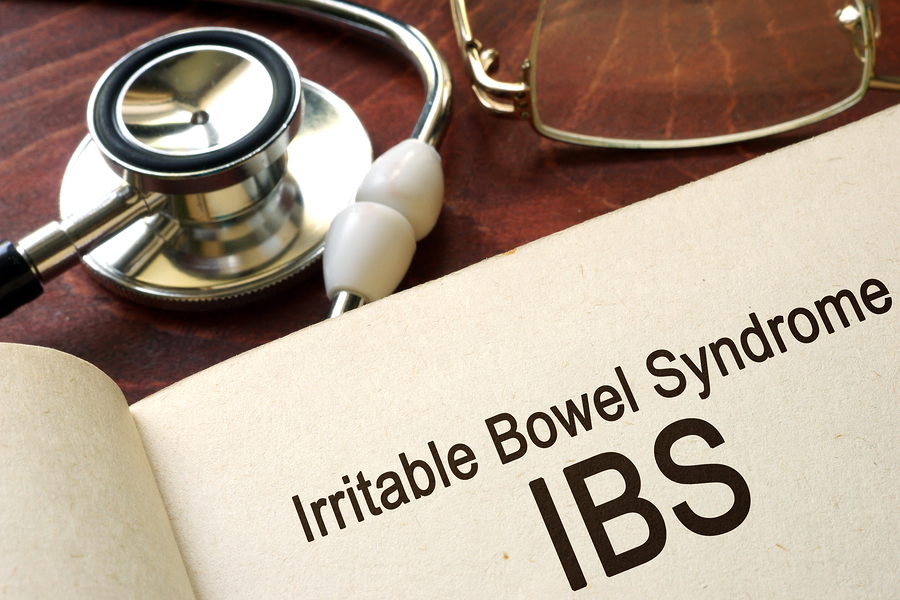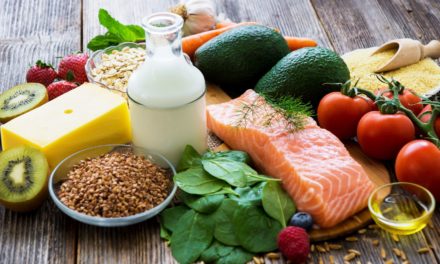This report is not presenting a way to treat irritable bowel syndrome (IBS) or its symptoms, but rather to address some of the core issues that may have led to the condition. Click here to for a video that will help you understand how natural health care works. Also, you can download a FREE report that has a lot of this information: PDF: Irritable Bowel Syndrome
Irritable Bowel Syndrome: “A common benign condition of the colon appearing in two types: a form with abdominal pain, constipation, diarrhea, or one alternating with the other; and a type characterized by painless intermittent or continuous diarrhea. Heartburn, flatulence, anorexia, nausea, abdominal distention after meals and vomiting may be present.” –Taber’s Cyclopedic Medical Dictionary
IBS is the most common functional GI problem in the United States. Direct and indirect costs of the disease are estimated to be $21 billion per year. It is estimated that between 10% – 15% of Americans suffer with IBS. Not everyone with IBS seeks the help of a physician, but it is responsible for between 2.5 million and 3.5 million physician visits per year.
Overgrowth of Bacteria in the Small Intestine
One possible cause of irritable bowel syndrome (IBS) is bacterial overgrowth in the small intestine. In research appearing in the Journal of the American Medical Association (2004;292(7):852-858) suggests as much. Bloating immediately following a meal is an indication of small intestine bacterial overgrowth. Click here for similar results, published in The Lancet.
Can IBS be Triggered by Certain Foods?
Research appearing in the Annals of Allergy (June 1985;54:538-540) looked at 24 subjects with irritable bowel syndrome (IBS). Half of the patients were described as having allergies or a tendency towards sudden allergic reactions. Click here to read the research.
Pain Medication
Research appearing in the American Journal of Gastroenterology (2000;95:157-165) looked at the connection between pain medication and symptoms of irritable bowel syndrome (IBS). A survey was given to 892 adults between the ages of 30 and 64. IBS symptoms were present in 12% of the respondents. The researchers found a significant connection between the use of pain medication and IBS.
Celiac Disease
Research shows that some IBS sufferers have celiac disease. Click here to learn more. There may even be a connection between celiac disease and inflammatory bowel disease (Crohn’s disease and ulcerative colitis). Click here for more.
Probiotics
Some IBS sufferers benefit from probiotics. Studies appearing in Alimentary and Pharmacological Therapeutics, the Korean Journal of Gastroenterology, and Nutritional Research support this idea.
Talk to Your Doctor, Don’t Diagnose Yourself
All content found on the WholeHealthWeb.com website, including: text, images, audio, or other formats were created for informational purposes only. The Content is not intended to be a substitute for professional medical advice, diagnosis, or treatment.
Always seek the advice of your physician or other qualified health provider with any questions you may have regarding a medical condition. Never disregard professional medical advice or delay in seeking it because of something you have read on this website. Links to educational content not created by WholeHealthWeb.com are taken at your own risk.
We are not responsible for the claims of external websites and education companies.






